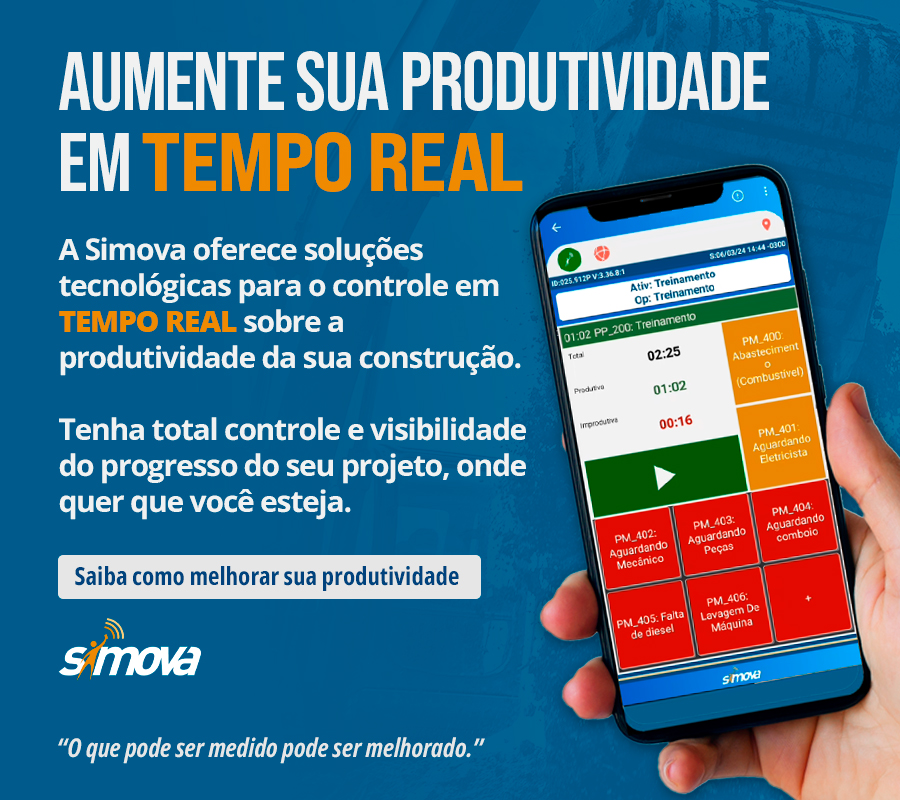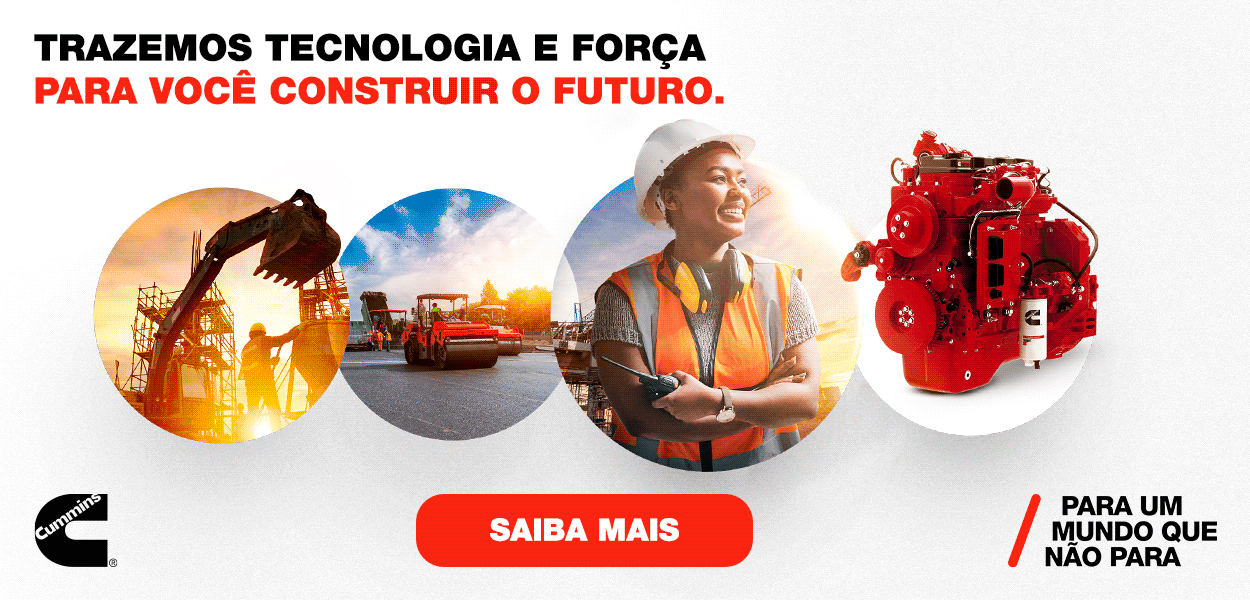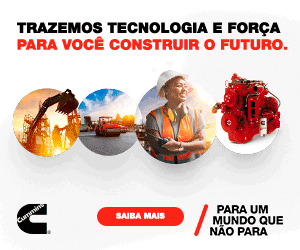Sobratema Summit 2017
To promote the exchange of high-level information turned to develop technologies in the areas of construction, mining and waste treatment, allowing companies to reach higher levels of productivity and operating efficiency and to rise their cost-effectiveness. These were the purposes of the Sobratema Summit 2017, carried out together with the Week of Integrated Technologies.
The debates gathered leaderships of the main national and international entities of construction and environment industry, executive businessmen, engineers, architects, students, journalists of the main press vehicles and public power representatives of the several levels of government in establishing a development agenda for Brazil.
According to Afonso Mamede, the Sobratema Summit 2017 provided a rich environment to spread knowledge and to share experiences, allowing the expansion of the relationship and contact network and making easy the qualification and increase of its visiting public of approximately 900 persons.
Management of Effluent Treatment to Protect Aquatic Life; Feasibility of Effluent Reuse; Valorization of Rental; Operational Control of Sewage Treatment Plants and Environmental Monitoring; Compliance; IBI – Waterproofing Systems; The Future of Retail Distribution Network of Construction Materials; BIM – Challenges and Opportunities; Contemporary and Sustainable Architecture; Industrial Construction and Sustainable Infrastructure Works – Perspectives and Opportunities were among the subjects discussed.
Human Mobility: Challenge of Urban Infrastructure was the subject of the first round of discussion, which marked the opening of the Sobratema Summit 2017. The round table—carried out with the participation of the National Union of Architect and Consultant Engineering Companies (Sinaenco), of the National Front of Mayors (FNP), of WRI Brasil and of Sobratema—highlighted the need of development and implementation of infrastructure projects that give priority to harmonic coexistence between people and the several means of transport in the public spaces of Brazilian cities.
For José Roberto Bernasconi, president of Sinaenco, cities have to be focused in the mobility of people, involving environment, social inequality and solutions to fulfill their lack of accessibility. Afonso Mamede—who also took part in the discussion—agreed with Bernasconi, but emphasized that bring to practice with priority the solutions turned to urban mobility depends on the social participation. “When the society will mobilize and ask the public administration for solutions, actions will be easier to come true and their suspension in management changes will be prevented”.
For Mamede, the safest way to prevent administration discontinuity is the consolidation of the desires and claims of the citizens in a Directive Plan deeply discussed by the society. This plan would define the urban policies of development and the occupation of urban soil. It has to establish the set of actions that have to be carried out by public entities to ensure that all citizens have access to housing, sanitation, urban infrastructure, public services, work and leisure.
Bernasconi remembered that it is necessary to transform cities through public policies turned to the human being, not only for his accessibility. “It is important to ensure access to everyone, especially for handicapped people. But this is not all. We have to stay tuned with the environment ensuring, for example, permeability of streets and overcoming of the intense social inequality”, remembers him.
In the point of view of the Director of Cities from WRI Brasil Luis Antonio Lindau, one of the ways to get the “universal accessibility” is the use of complete routes, a concept that involves other calculation of priorities in remodeling streets and sidewalks. “Routes are currently dedicated to cars, with pedestrians, bicycle riders and even buses put in the background”, explained Lindau. “We have to change this situation offering routes with more space for pedestrians, creating bicycle paths and exclusive areas for public transport and reducing the space available for cars”.

Av. Francisco Matarazzo, 404 Cj. 701/703 Água Branca - CEP 05001-000 São Paulo/SP
Telefone (11) 3662-4159
© Sobratema. A reprodução do conteúdo total ou parcial é autorizada, desde que citada a fonte. Política de privacidade













